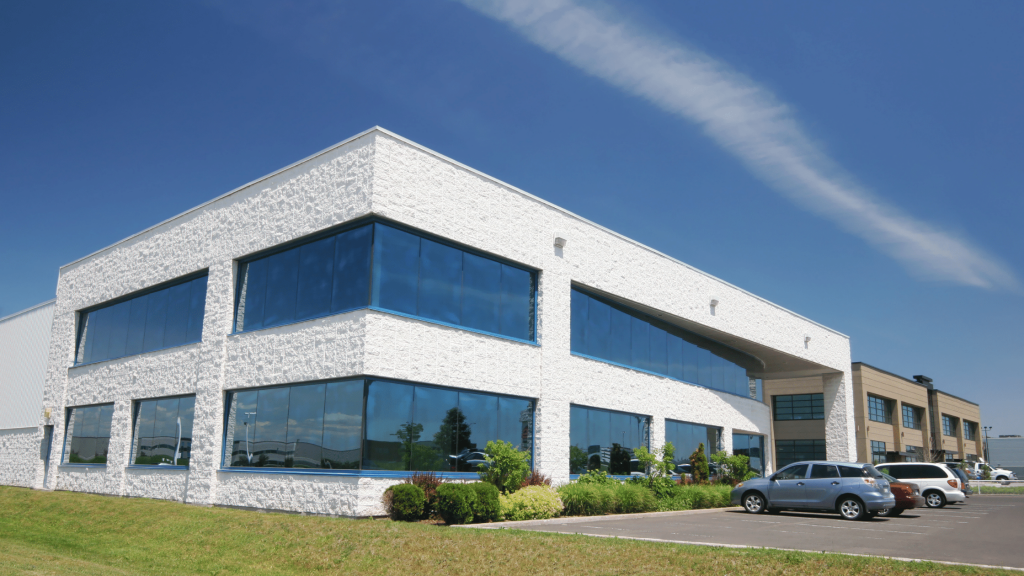If you are thinking of becoming a commercial property tenant, you must understand what you are taking on. Commercial leasing is different from renting residential property, with a range of responsibilities that can come as a big surprise if you have not prepared correctly.
Here is our Commercial Leasing checklist
What is a commercial lease?
A commercial lease is a legally binding contract made between a landlord and a business tenant. The lease gives a tenant the right to use the property for a business or commercial activity for a period in exchange for money paid to the landlord. Additionally, the lease outlines the rights and responsibilities of both the landlord and tenant during the lease term.
What are you leasing?
The lease very important because it clarifies what areas you can use for your business, and it usually indicates what you may be liable to repair if the circumstances arise.
If you agree to look after the repairs of the building, be cautious. This could mean the landlord can ask you to carry out work to any disrepair that existed before you took the lease. Just be mindful of this before signing anything.
How long is the leasing agreement?
Leases can typically have agreements of anywhere between three and 25 years. A longer term can offer stability for your business as you know you will be based there going forward. You may be able to negotiate the length of your commercial lease with your landlord and should certainly check before signing the contract. You should also seek legal advice on this beforehand.
Can I terminate the lease early?
The two most common reasons for terminating a commercial lease early are when the business outgrows the space or when business is severely reduced or going out of business. In either case, breaking a commercial lease can have severe consequences that can make a lasting impact on your business.
Your lease is legally binding so you cannot simply walk away from it unless you have agreed with the landlord to terminate it early. In addition to the rent and other leasing costs, you could have to pay:
- Cost of advertising the property and finding a new lessee
- Termination penalties
- Clean-up costs
- Legal costs if you do not reach an agreement with the landlord
- Costs stipulated in your early termination clause
Revisit your commercial lease agreement to check for break clauses. Break clauses in the lease can help you to reduce the length of the term but consider any provisos or conditions which will limit your ability to use this. A common one is that you must be up to date with your rent up to the point of the break in the lease, so you cannot rely on a break clause if you find yourself in financial difficulty.
Am I allowed to alter any part of the property I am leasing?
Alterations are often prohibited for any exterior or structural part of the property. With the landlord’s prior consent, you may be able to make changes to the internal non-structural structure, but there will most likely be numerous conditions required if undertaking these alternations especially when your lease is up. You may have to undo these before you can move on which can be costly.
Are there any Service charges?
Check how much service charges are and which services they specifically cover, such as cleaning and heating. Establish what facilities you may be sharing with other tenants. Service charges are an additional cost to the commercial leasing agreement and can be more expensive than if you organise them yourself.
You can ask the landlord for a breakdown of how the service charges are calculated and for any paperwork surrounding these such as receipts. Your landlord must provide this information as it is a criminal offence not to.
What happens when the lease ends?
You have the right to remain in occupation of the premises and renew the lease once it expires unless you and your landlord have agreed otherwise. However, the landlord can refuse to grant a renewal on the ground of:
- The tenant has breached the contract
- The landlord offers other, suitable property
- The landlord no longer wants to sub-let the unit but wants to lease the entire building as a whole
- The landlord plans to tear down or rebuild the building
- The landlord plans to use the building himself
These are some of the major points that you need to consider when taking a lease, but if you need advice on a tenancy arrangement, please contact one of our commercial property solicitors at McParland & Sons for more information.
Related blog:

